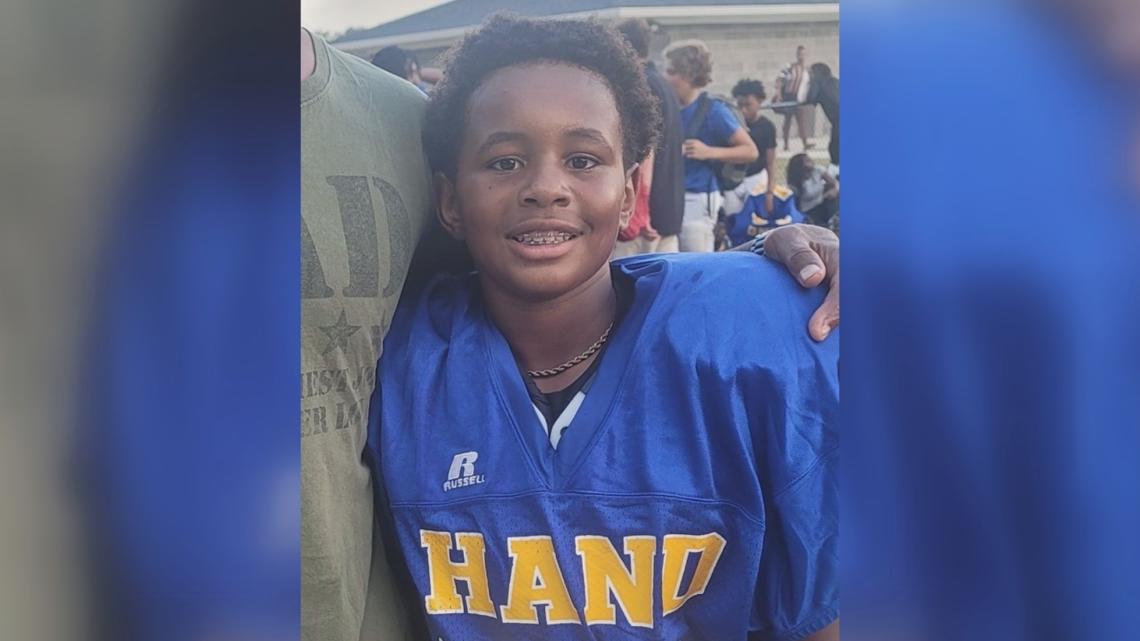T4K3.news
Parents demand lake safety reforms after child's death
Following the death of their son from a brain-eating amoeba, parents call for more warnings at South Carolina lakes.

The tragic case of 12-year-old Jaysen Carr highlights dangers in recreational waters.
Parents call for more lake safety warnings after son's death from amoeba
Tragedy struck after 12-year-old Jaysen Carr died from a brain-eating amoeba following a holiday at Lake Murray, South Carolina. After swimming on July 4, he developed severe headaches and nausea, which eventually led to his diagnosis of primary amebic meningoencephalitis. His parents were shocked to discover there are no laws in the state requiring the reporting of amoeba-related deaths or infections, raising concerns about safety in public water bodies. This incident has brought to light the potential dangers that can lurk in warm waters and has prompted the Carr family to advocate for greater awareness and warning systems to prevent similar tragedies.
Key Takeaways
"I can't believe we don't have our son. That does not sit well."
Clarence Carr expresses the devastating impact of losing his son and his urgency for change.
"There are families out there unaware of the danger in the water."
Clarence Carr reflects on the risks faced by other families enjoying the lake.
"The result of him being a child was losing his life."
Clarence Carr speaks to the heartbreaking loss resulting from a preventable tragedy.
This heartbreaking event underscores a critical gap in public safety regarding recreational water use. The lack of reporting laws about brain-eating amoebas leaves families vulnerable. While such infections are rare, their fatality rate is staggering. By advocating for better safety measures, parents like the Carrs are challenging authorities to prioritize awareness and protection in popular swimming areas. With summer just around the corner, the time is ripe for action before another family faces the same devastation.
Highlights
- Parents are urging change to prevent more tragedies like ours.
- This could happen to any family that doesn’t know the risks.
- We were left in the dark about dangers in the water.
- Awareness can mean the difference between life and death.
Lack of regulations raises public safety concerns
The absence of laws requiring reporting of amoeba-related incidents raises alarms about public health and safety in recreational waters. This situation presents a significant risk to families unaware of the dangers.
Increased awareness and preventive measures could save lives this summer.
Enjoyed this? Let your friends know!
Related News

Family of South Carolina child who died from amoeba speaks out

Parents of boy who died from brain-eating amoeba speak out

Father charged with murder of daughter found in New York pond

Recall of 192,000 toy kitchens after child's death

Tragic death of newborn highlights hospital safety failings

Mother reflects on sharing family history with children

Father charged in daughter's drowning classified as homicide

New safety campaign launched to honor child
